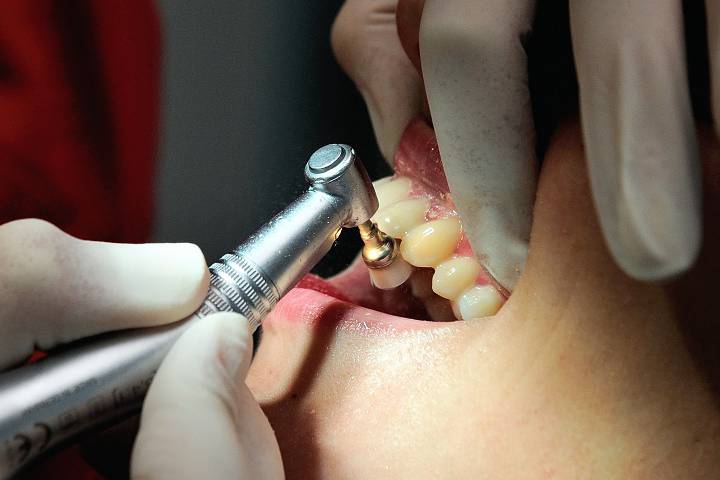If you need emergency dental care in Nova Scotia during the coronavirus pandemic, you’ll now need to go to a designated emergency clinic.

The province’s dental board updated its protocols after a case of community transmission of COVID-19 was confirmed on Monday. The board says emergency dental treatment can only be provided at designated emergency clinics as of 11:59 p.m. Tuesday.
As part of the province’s state of emergency, dentists have been told since March 21 that they can no longer practice in their offices unless they deem it necessary to perform an emergency procedure.
For now, the designated emergency clinics include the Dalhousie University Faculty of Dentistry, the oral and maxillofacial surgery clinic at the Victoria General Hospital, and the IWK Health Centre’s pediatric dentistry clinic.
Clinics can apply for the designation to continue providing emergency care, and a list of options will be made available online.
The dental board advisory says the protocol was developed by a working group of dental experts in consultation with Chief Medical Officer of Health Dr. Robert Strang.
If patients need emergency care, they should call their regular dental clinic. Dentists are required to continue to triage cases by phone and refer patients to a designated emergency dental clinic if treatment is needed.
Questions about COVID-19? Here are some things you need to know:
Health officials caution against all international travel. Returning travellers are legally obligated to self-isolate for 14 days, beginning March 26, in case they develop symptoms and to prevent spreading the virus to others. Some provinces and territories have also implemented additional recommendations or enforcement measures to ensure those returning to the area self-isolate.
Symptoms can include fever, cough and difficulty breathing — very similar to a cold or flu. Some people can develop a more severe illness. People most at risk of this include older adults and people with severe chronic medical conditions like heart, lung or kidney disease. If you develop symptoms, contact public health authorities.
To prevent the virus from spreading, experts recommend frequent handwashing and coughing into your sleeve. They also recommend minimizing contact with others, staying home as much as possible and maintaining a distance of two metres from other people if you go out.
For full COVID-19 coverage from Global News, click here.
- Capital gains changes are ‘really fair,’ Freeland says, as doctors cry foul
- Ontario doctors offer solutions to help address shortage of family physicians
- ‘Dangerous message’: Experts slam anti-sunscreen claims circulating online
- ‘Trying not to die’: Tourism operators loaded with debt despite rising demand





Comments